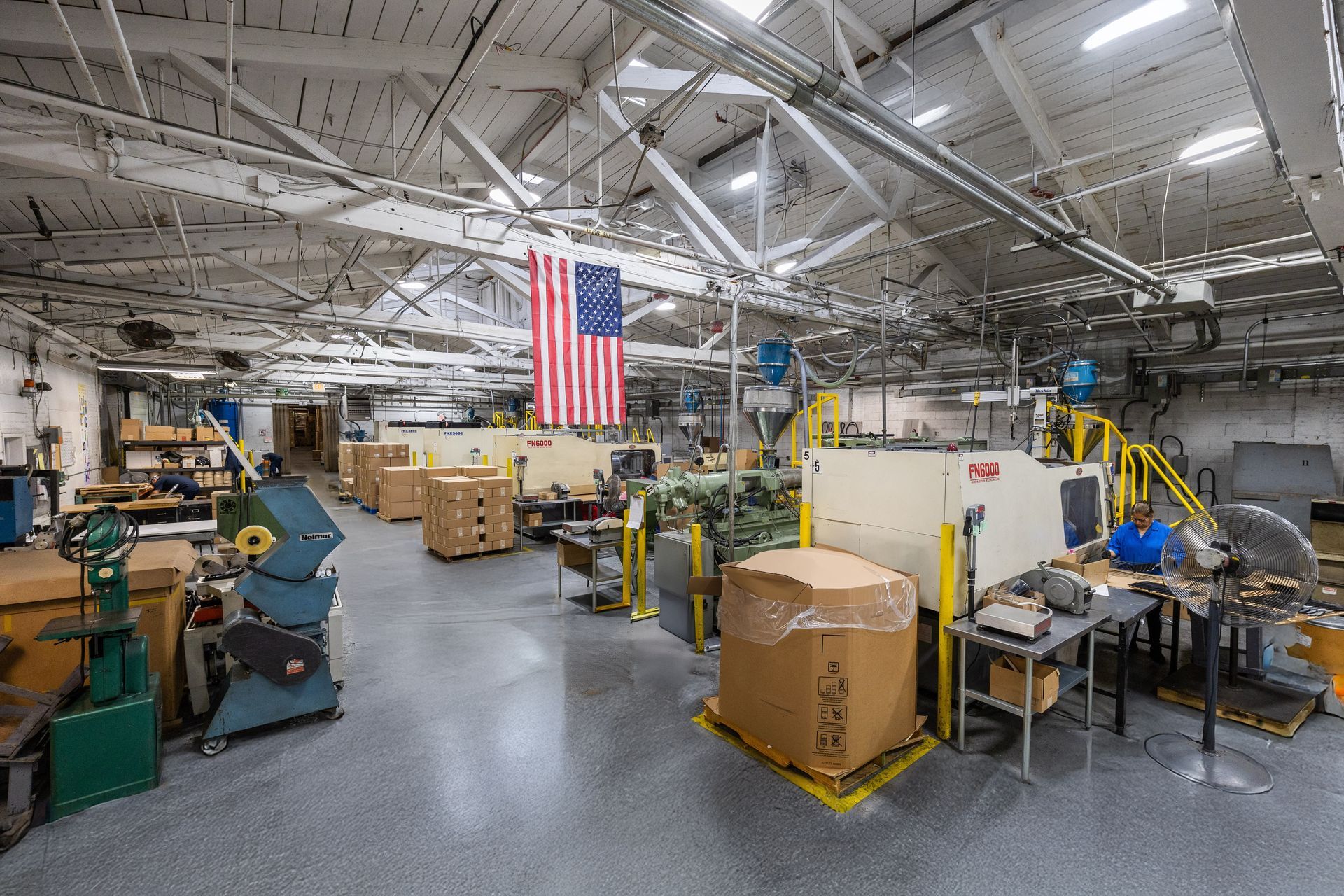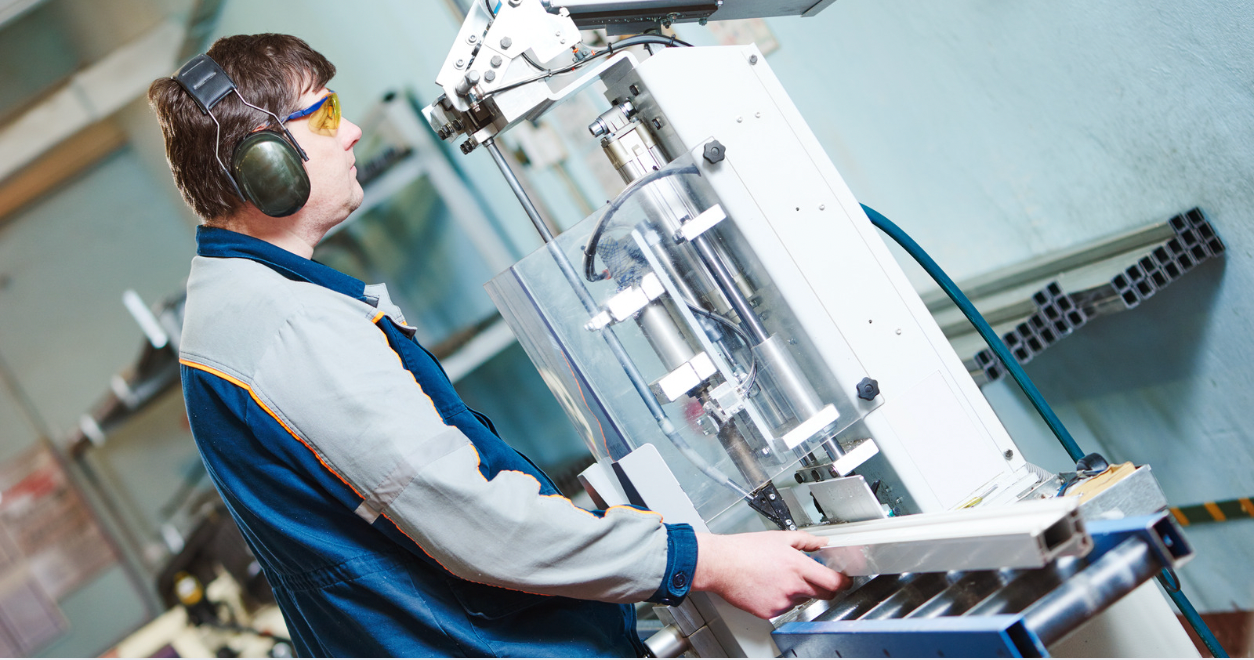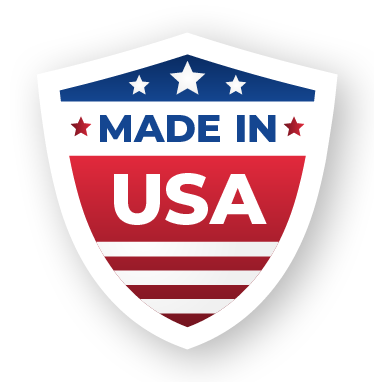The Benefits of Replacing Metal with Plastics
Metal-to-plastic conversion has been available for decades, and has gained a greater foothold in industry each year. If your products and parts have been successfully made of metal, why would you want to switch to plastic?
Versatility
The variation and versatility in almost every aspect of plastics far outstrips what metals have to offer. Color, finish, and intricate details are just a few of the qualities where plastics lead the way.
Strength
It's easy to think of plastic as being weaker than metal, but innovations in plastic blends to include carbon or glass fibers allow us to work with plastics that can be as strong as or stronger than metal. This is particularly true when comparing strength-to-weight or strength-to-stiffness values.
Weight
Plastic parts will naturally weigh less, which results in lower shipping costs. In addition, for products such as automotive or aerospace parts, that lighter weight translates into future savings in fuel economy and efficiency.
Flexibility of Design
Plastics allow you to combine into a single mold components which would have to be welded or otherwise attached in a separate process if they were made of metals. Plastic blends are also extremely customizable for color and feel, allowing designers more options.
Production Costs
Surface textures, branding, and other details can be included in the design of a plastic mold, saving on multiple, additional processing steps. Tooling for plastic molds will also last longer than for tooling metal.
Speed
Because the process requires fewer individual production steps, and so incorporates much less labor, choosing plastics will result in shorter time to market.
Durability
Plastic parts and products can outperform metals in a variety of environments and uses including those where metals would corrode. Plastics can also be more damage-resistant, bouncing back from impacts without denting.
Quality
Injection molded plastic parts generally require few if any secondary processes and can be easily mass produced, product quality remains consistent.
Environmental Impact
With shorter production time and less scrap and waste, plastics can edge out metals for environmental considerations. Lighter weight and therefore reduced shipping costs will also lessen the environmental impact of their production.
With decades of experience in the industry, Bennett Plastics stands ready to help you make your products come to life.
Contact us today to see how we can help you make the transition from metal to plastic.
Recent Articles











